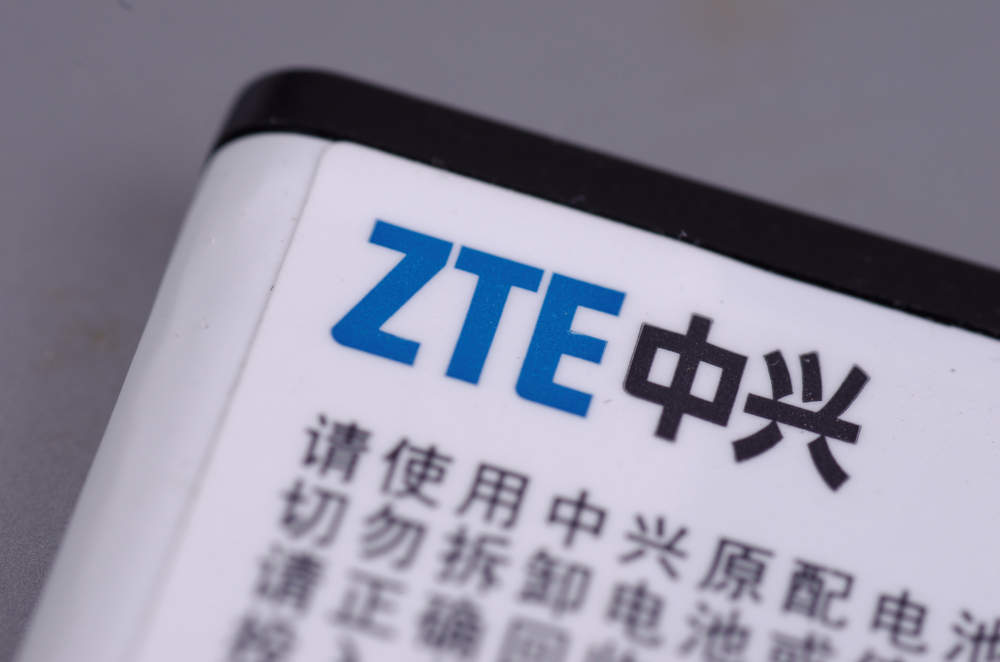
The US Commerce Department has lifted the denial order that had temporarily put Chinese’s telecoms manufacturer ZTE out of business.
ZTE first got into trouble with US lawmakers due to having violated sanctions against Iran and North Korea and after a fine of over $1bn a bill was drafted that would impose a seven year ban on ZTE buying US materials and tech.
Despite the latest win ZTE is not out of the woods yet.
ZTE’s smartphone business is heavily dependent on sales through US carriers, and political pressure will continue. ZTE needs to split up and rebrand to ensure that carriers can deflect any political pressure from US security agencies and Congress.
A business separation is necessary
The most critical action ZTE can take is to separate its consumer device business from its network infrastructure. It may be impossible to prove that ZTE’s networking products have no security vulnerabilities, but its smartphones are based on US silicon and software platforms.
ZTE Devices needs its own management team based outside of China, and for financial transparency it should be listed separately on a Western stock market. At the same time, ZTE Devices should rebrand to something without “ZTE” in it — perhaps to Axon, its premium brand.
How well do you really know your competitors?
Access the most comprehensive Company Profiles on the market, powered by GlobalData. Save hours of research. Gain competitive edge.

Thank you!
Your download email will arrive shortly
Not ready to buy yet? Download a free sample
We are confident about the unique quality of our Company Profiles. However, we want you to make the most beneficial decision for your business, so we offer a free sample that you can download by submitting the below form
By GlobalDataThe new ZTE Devices should seize the split and rebrand process as an opportunity to position its phones as the most secure Android smartphones for consumers.
ZTE Devices should pledge that all new phones will run branded versions of Android direct from Google (Android Go or Android One). For phones where that is not practical, it should release software it adds to Android as open source. ZTE Devices should then promise that all data generated on ZTE smartphones sold in a country will be stored on servers physically located in that country.
ZTE troubles and competitors?
Of course, the rest of the market is not standing still, and ZTE’s troubles present an opportunity for rival smartphone vendors.
Korean vendors will try to position themselves as the safest choice for US. carriers, even if nobody is accusing Chinese companies like Lenovo, TCL, Coolpad, or Xiaomi of any wrongdoing. F
inally, as US suppliers resume sales with ZTE, they must plan for an eventual backlash from China. Chinese companies will be making major, state-sponsored investments in reducing reliance on all key US technologies.
What led to ZTE troubles in the US?
ZTE is a large Chinese networking infrastructure and smartphone vendor that has been caught up US regulatory violations.
It sold US-based tech to North Korea and Iran, then lied about it when it was caught.
The punishment was a $1.19 billion fine and a seven-year block (denial order) on buying US tech. The denial order was put on hold to allow ZTE to make operational changes, but it was reinstated this year when it was deemed the changes were not made, forcing ZTE to shut down.
ZTE then became a political football. President Trump intervened, pressing the US Commerce Department to make a new deal, and pressing Congress to let the deal stand. ZTE paid another $1 billion in fines and made management and compliance concessions and it can buy US technology again. However, US security agencies still consider ZTE a national security risk.






Related Company Profiles
Xiaomi Corp
Google LLC
TCL Technology Group Corp